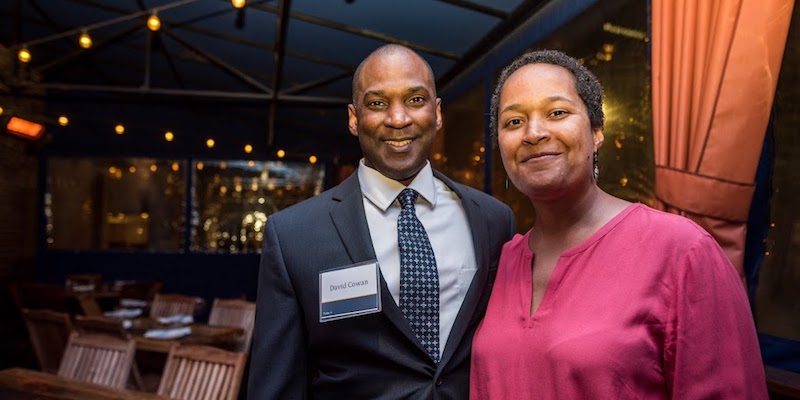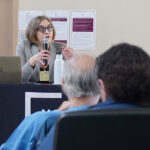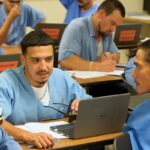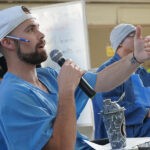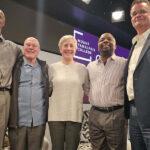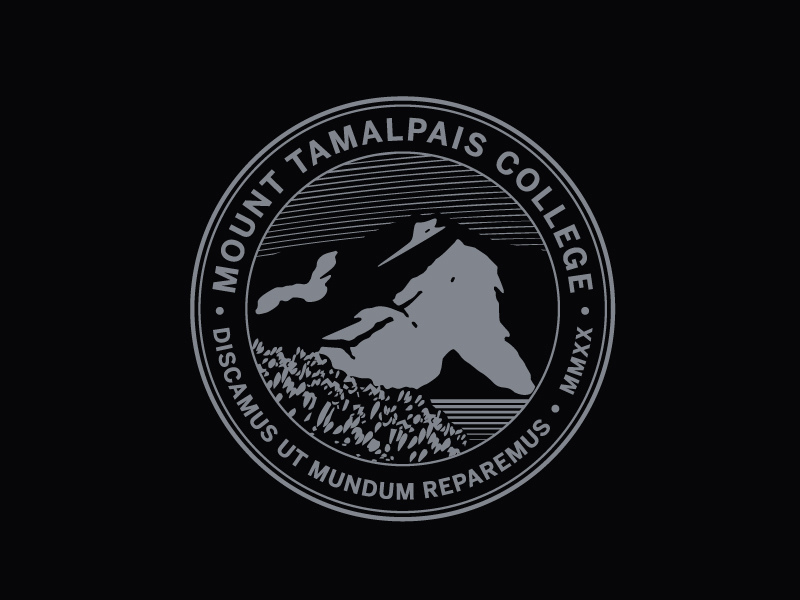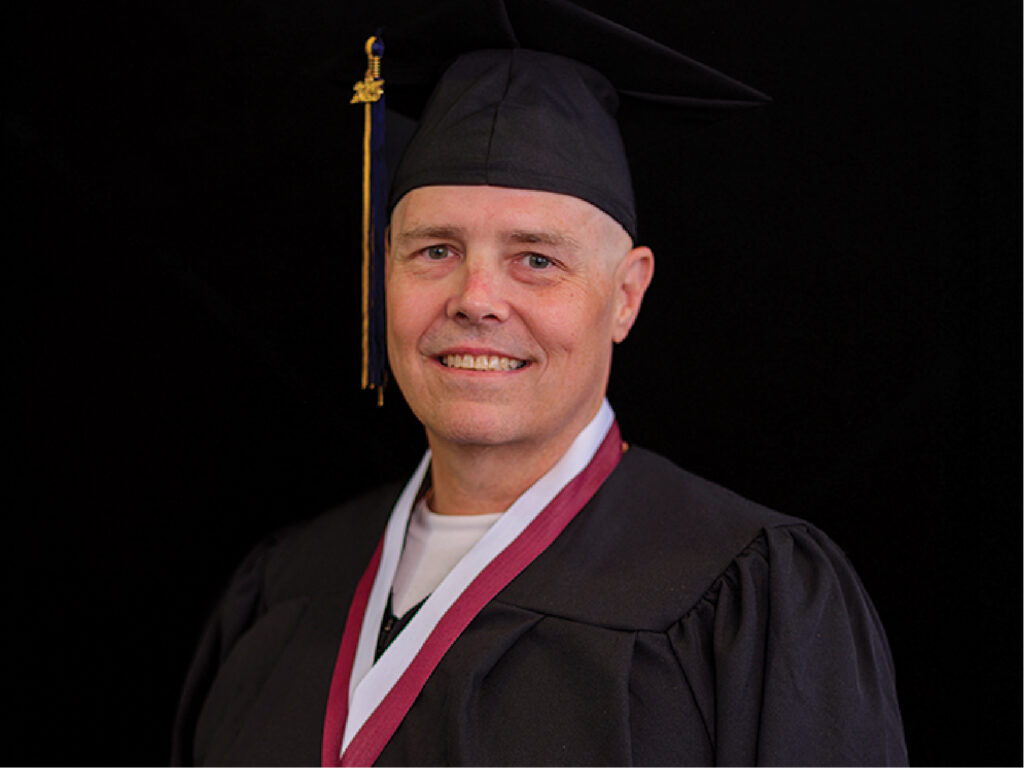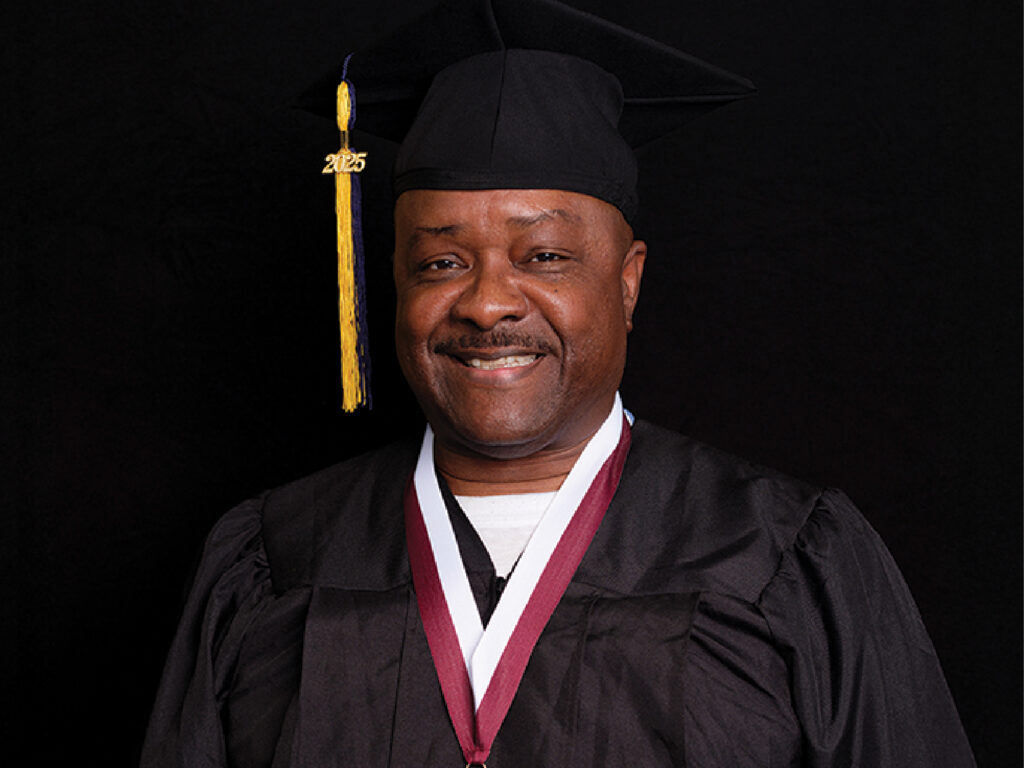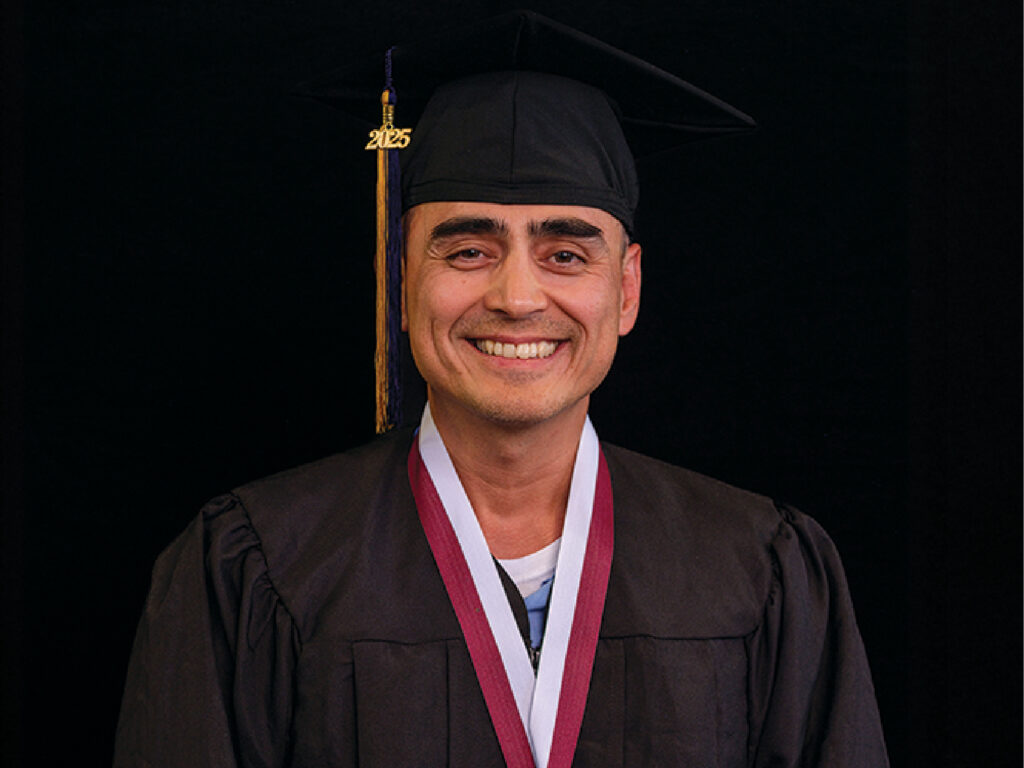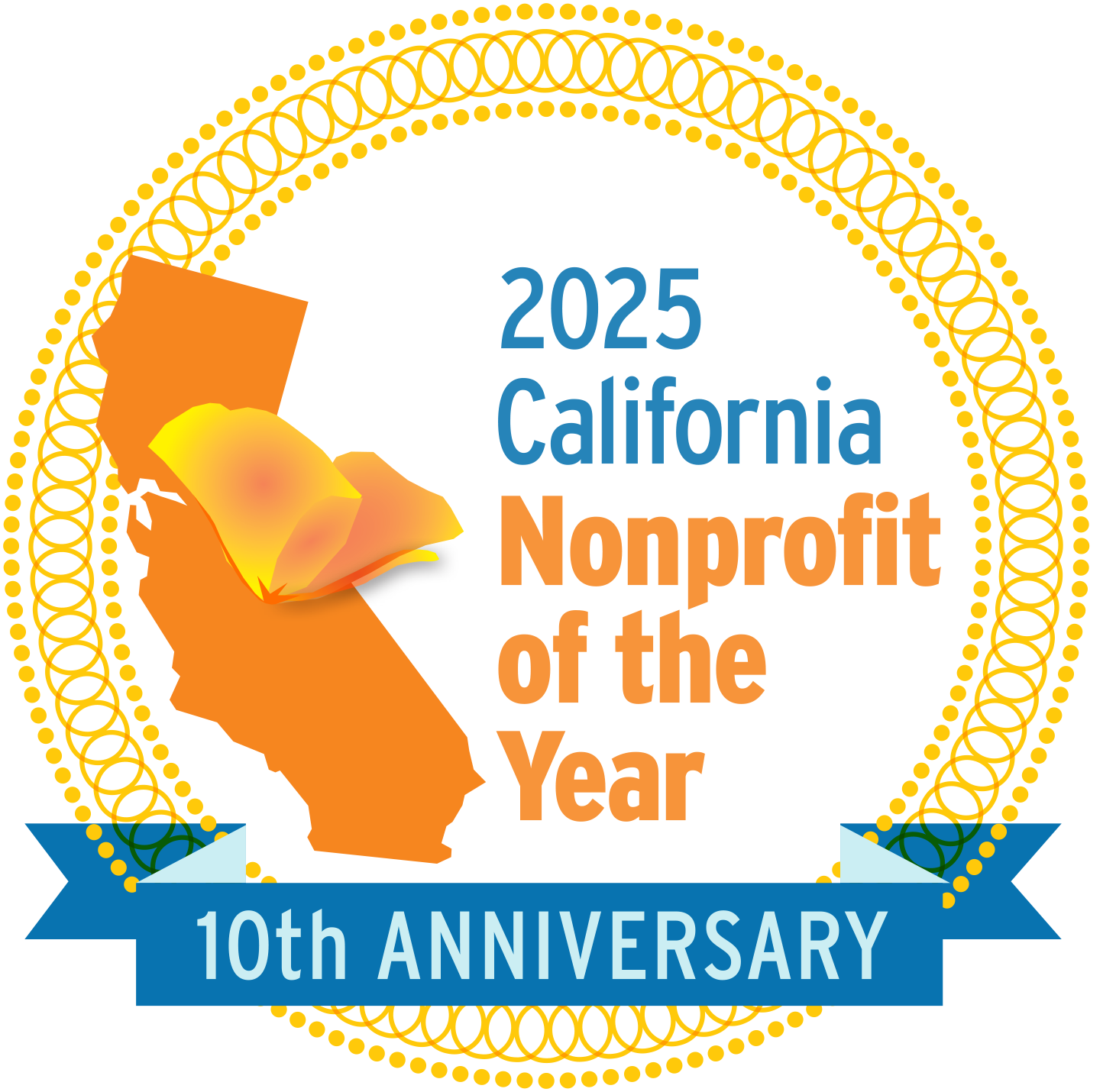Since returning home from San Quentin eight years ago, Prison University Project’s Director of Operations and Director of Bonafide David Cowan has been committed to fostering opportunities for formerly incarcerated people and has worked to ensure that people affected by incarceration have the material, emotional, and advocacy support they need to both integrate into society and build healthy, productive lives going forward. We spoke to David about Bonafide and how his reentry work has been affected by the COVID-19 crisis. David was honored last year by UnCommon Law at its UnCommon Heroes event.
What does Bonafide do to build social networks?
Bonafide builds social networks mostly by supporting the natural network that exists between people who have been incarcerated for long terms, “lifers” in particular. We make sure that as people are released they know that they have a community to turn to for any type of support. We also try to inject structure, funding, and facilitation into this community.
What drives your work?
There are many drivers for the work but a couple of major ones. I’m very uncomfortable with people being completely lost in the world when they are suddenly released after decades of incarceration. They are at such a huge disadvantage when it even comes to functioning in a modern society. I want to reduce the trauma that comes with that situation. Another driver for this work is that when I was incarcerated and thrust into an environment that I was unfamiliar with, the lifers helped me, encouraged me, and taught me. I spent nearly half of my life with them. Now I get the chance to return the favor.
How has your own experience of reentry informed your current work?
While I was reentering, I had the benefit of a super support system. I had a network of people that I could turn to that were available to teach me everything from how to use the internet to how to use the bike routes. I want everyone to have the same kind of support that I did. I’m saddened to think of what it is like to reenter the community without such support.
What are some misconceptions people have about reentry? What should the public know about people returning home from prison?
I used to think that the biggest misconception about reentry is that everyone coming home is a monster, but I now think that is more of a “war on crime” era misconception. Now I think that the biggest misconception is that the greatest need for people coming home is to learn how to write a resume. Although that and all of the other functional skills are necessary, I’ve learned that they kind of pale in comparison to the need for a returning person to feel supported and emotionally connected to the community. A network of people who care goes a long way to make people feel less out of place.
What challenges are you facing with reentry support right now? How has COVID-19 impacted your work and the reentry experience?
I think that it has been difficult for many of the Californian counties as well as the state to make complete adjustments to support people returning from incarceration during this crisis. However, many community organizations have come to help and depend on each other in ways that they hadn’t before COVID-19. For example, a person leaving incarceration and getting to a destination is no longer just a matter of finding transportation, but now is also a matter of doing it without contracting or spreading the virus. So organizations have been coordinating and sharing supplies to make that happen in many cases. The virus has also limited the in-person time that we spend with people. For now, we don’t run the technology workshops and teaching people to use their phones and to do things online has been a difficult remote task but we’re getting better.
With so many businesses shuttered, have you found returning citizens struggling to find or keep a job?
Both fortunately and unfortunately most of the types of places that hire formerly incarcerated right away are low-paying “essential” services so many people in that position still have jobs. Though there are some that have lost their jobs too. The biggest barrier to looking for employment at this time has been the inability to get identification cards, which are necessary to be hired because the DMV has been closed.
With the world now essentially living online, how are you helping people with little or no experience with technology adapt?
Our technology workshops have been canceled until it is safe to gather again. Now we help people remotely. Sometimes that means getting on the computer while the person you’re helping is on the phone and being their fingers for them as we fill out forms or other things. For people who have computers, we’ve been sharing screens so that we can walk them through whatever they are doing. We’ve also started installing screen sharing apps to people’s phones so that we can remotely help them learn how to use it.
Have you been able to adapt to the conditions? What are your workaround solutions?
When it comes to meeting people at the gate, our adjustments have been to make sure that their backpacks also include hand sanitizer and masks. Our drivers wear masks and have sanitation supplies as well. We stopped going into diners for breakfast but instead go to places that will bring the food out to us. We also paused shopping for now.
What other organizations or service providers do you work with?
One of the bright spots to come out of the pandemic is that we’ve worked more closely with organizations that we only occasionally worked with in the past such as the California Reentry Program, the Insight Garden Program, the Anti-recidivism Coalition, Project Rebound, and a handful of others.
Are there any resource guides or websites you’d recommend for people who are returning home?
San Francisco has a great resource guide that I’d recommend to anyone paroling to the county. Many reentry programs have their own reentry guides. Another good one is from Root and Rebound.
How can people support Bonafide? How can they support reentry work broadly?
Bonafide could always use financial support. We’ve started paying our welcome home drivers. We could also use people with good practical experience using Android phones and have a good knowledge of how private and public systems function like banking, looking for housing, paying for things online, how to use email, etc. I think that an easy way to support reentry work more broadly is get to know people who are trying to reintegrate from incarceration. They are just trying to get jobs but they are trying to normalize their lives and that really happens when we are a part of a community.
Please note that the Prison University Project became Mount Tamalpais College in September 2020.
